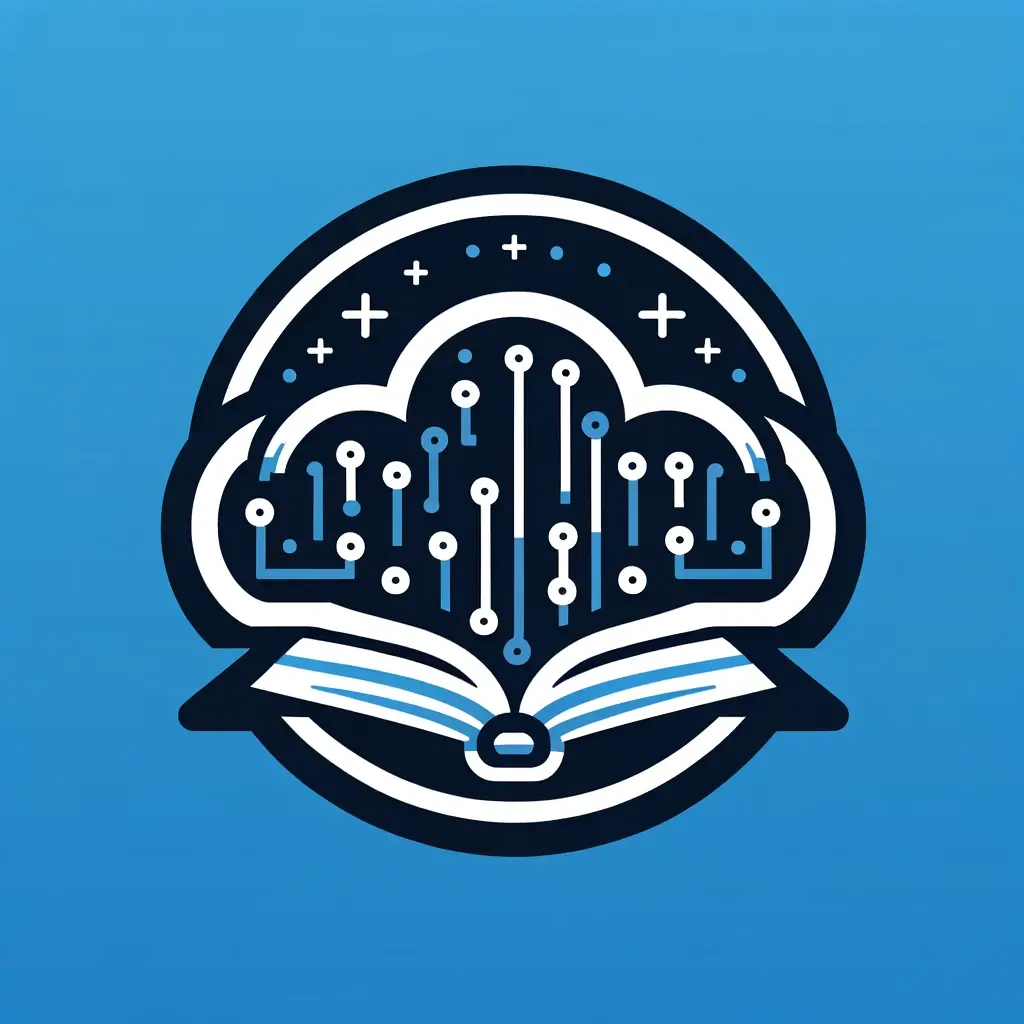The future of marketing measurement is being built at the intersection of data engineering, machine learning, and automation. As organizations demand a true system of record for marketing performance, the technical bar for analytics platforms has never been higher. This article explores the core technologies and engineering challenges behind modern marketing measurement and experimentation systems—focusing on scalable data workflows, robust automation, and ML-powered analytics.
The Attribution Problem: Why Old Models Fail Technically
Legacy attribution models—last click, first touch, linear—are fundamentally limited by their data architecture. They:
- Rely on incomplete, event-level data that misses offline and brand channels
- Struggle to adapt to privacy-driven data loss and fragmented customer journeys
- Lack the statistical rigor to distinguish correlation from causation
- Are difficult to scale and automate across large, multi-channel datasets
Building the Data Foundation: Ingestion, Modeling, and Automation
Modern marketing analytics platforms start with robust data pipelines. Python and SQL are the backbone for ingesting, cleaning, and transforming massive volumes of marketing, sales, and business outcome data. Key engineering patterns include:
- Automated ETL workflows (Airflow, dbt, custom Python orchestration)
- Scalable data warehousing (BigQuery, Snowflake, Redshift)
- Schema design for flexible, extensible marketing data models
- Real-time and batch data syncs from diverse sources (ad platforms, CRM, web analytics)
Marketing Mix Modeling: ML at Scale
Marketing Mix Modeling (MMM) is now powered by advanced ML and statistical techniques. Engineering MMM at scale involves:
- Building regression and Bayesian models in Python (scikit-learn, PyMC, TensorFlow Probability)
- Automating model retraining and validation as new data arrives
- Modeling diminishing returns and saturation effects with custom curve fitting
- Enabling scenario planning and budget optimization through interactive analytics APIs
- Orchestrating model refreshes and reporting with workflow automation
Incrementality Testing: Experimentation Infrastructure
Incrementality testing requires a robust experimentation platform:
- Automated design and execution of geo/user-based holdouts and randomized control trials
- Power analysis and sample size estimation in Python
- Data pipelines for ingesting experiment results and integrating with MMM
- Automated analysis pipelines for lift measurement and statistical significance
- Experiment tracking, versioning, and reproducibility as first-class engineering concerns
Analytics SaaS: Delivering Scalable, Actionable Insights
The complexity of these systems has driven the rise of analytics SaaS platforms that:
- Provide APIs and dashboards for scenario planning, forecasting, and budget allocation
- Automate the full lifecycle from data ingestion to insight delivery
- Support continuous learning and agile marketing through experiment automation
- Ensure reliability, security, and scalability for enterprise customers
Engineering for the Future: The Technical Roadmap
As marketing measurement becomes the system of record for growth, the future belongs to platforms that:
- Invest in robust, automated data engineering and ML infrastructure
- Empower technical teams to build, test, and deploy new models and experiments rapidly
- Leverage Python, SQL, and modern cloud data stacks for agility and scale
- Make experimentation and measurement accessible, reproducible, and actionable for all stakeholders
This article is part of an ongoing series on the engineering and data science powering the next generation of marketing analytics platforms.




